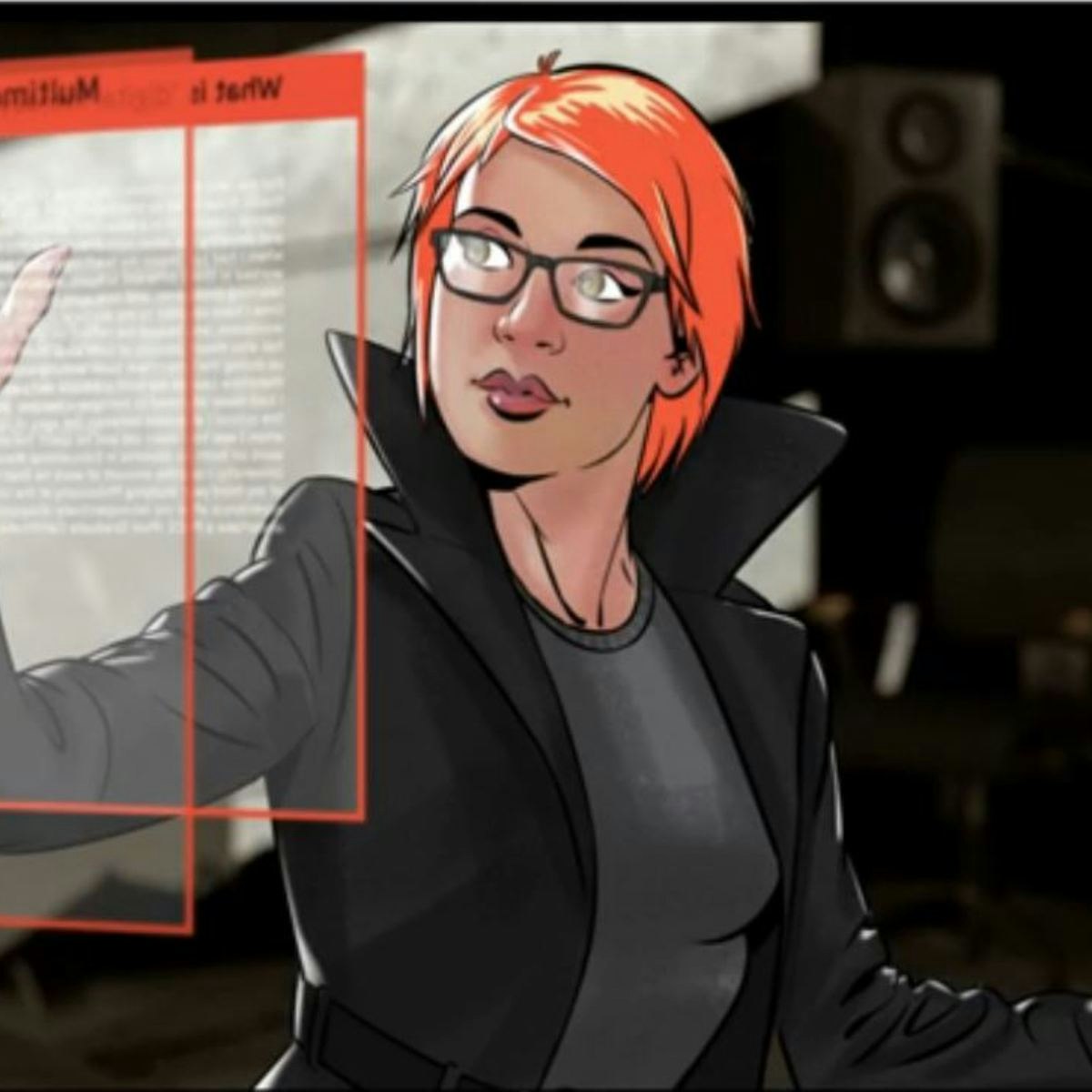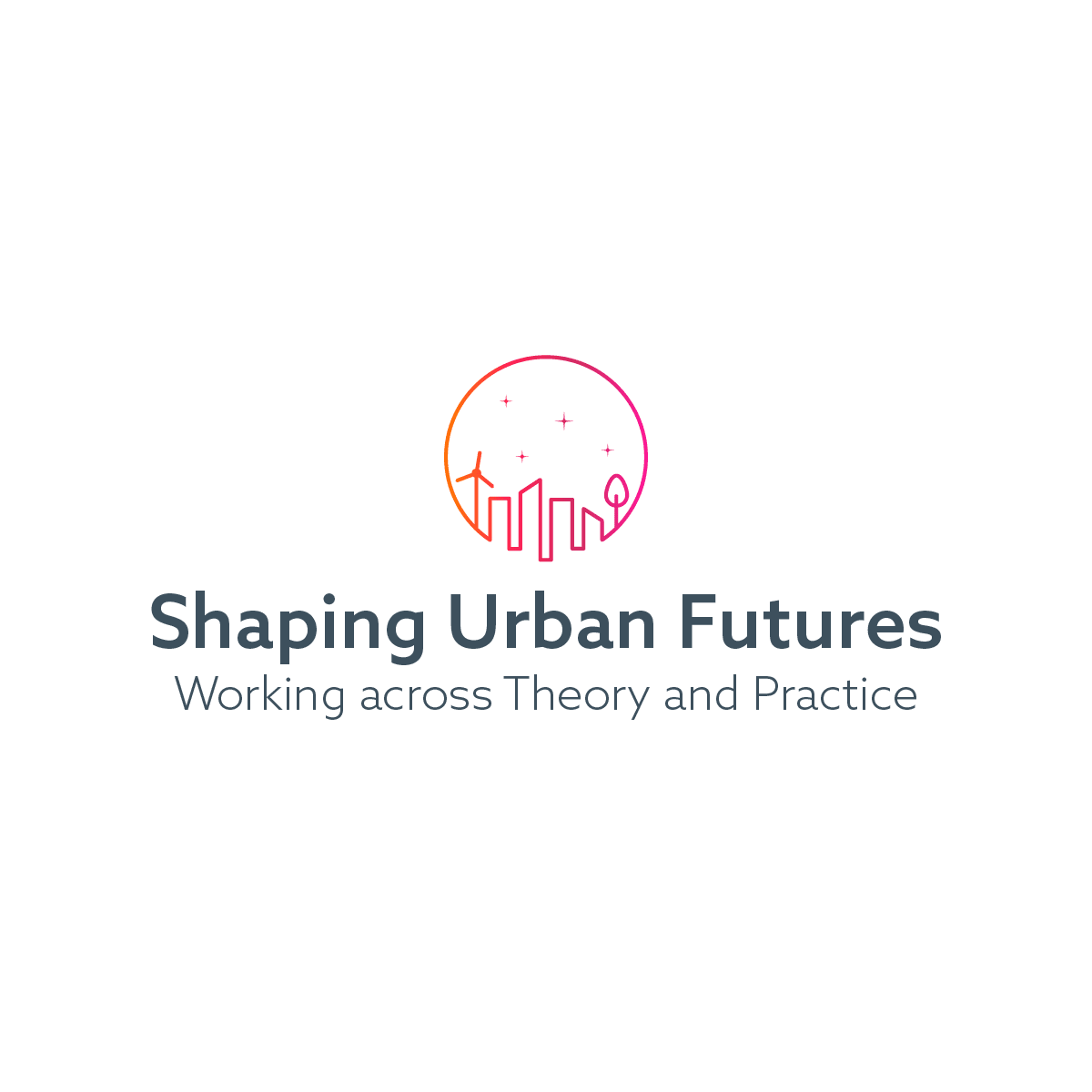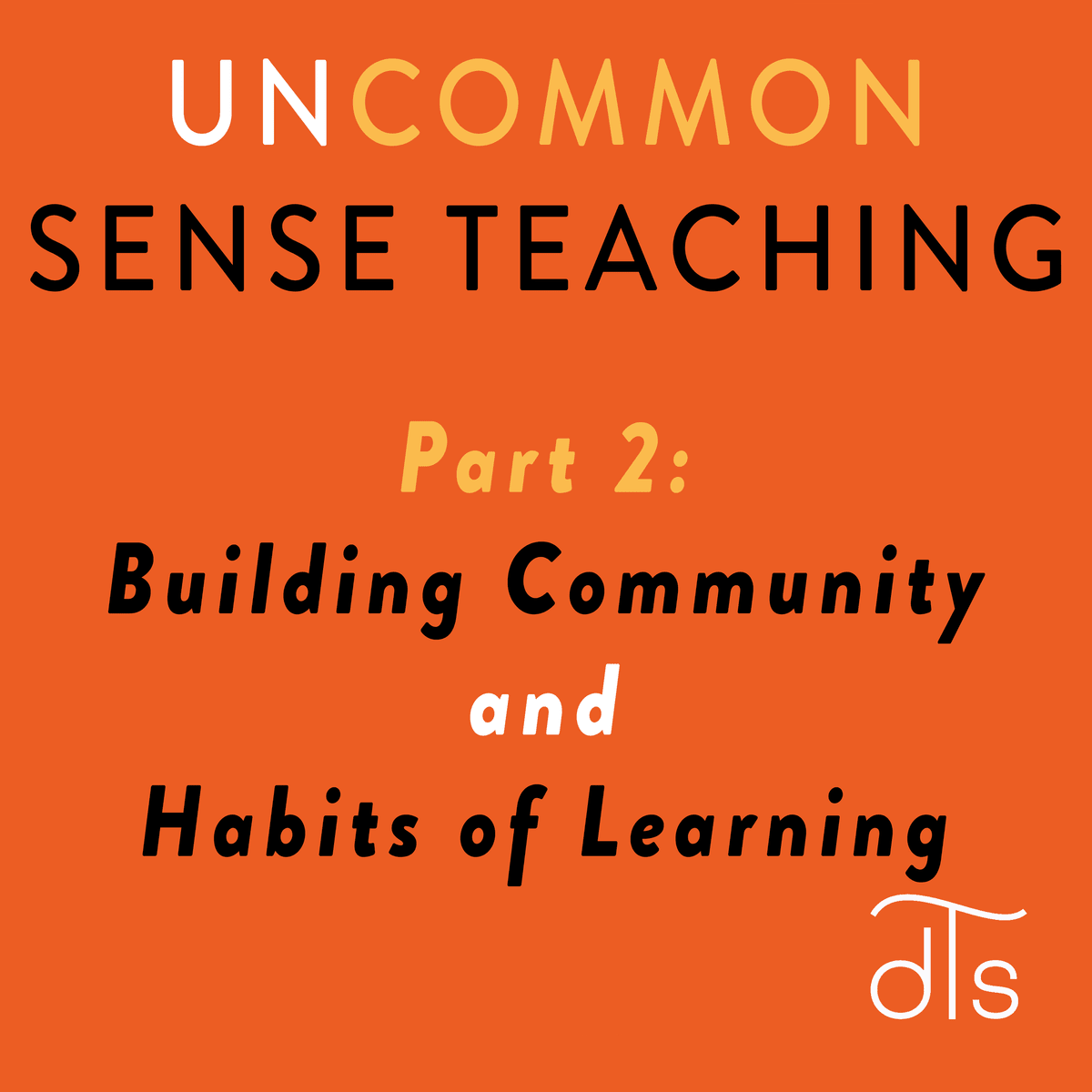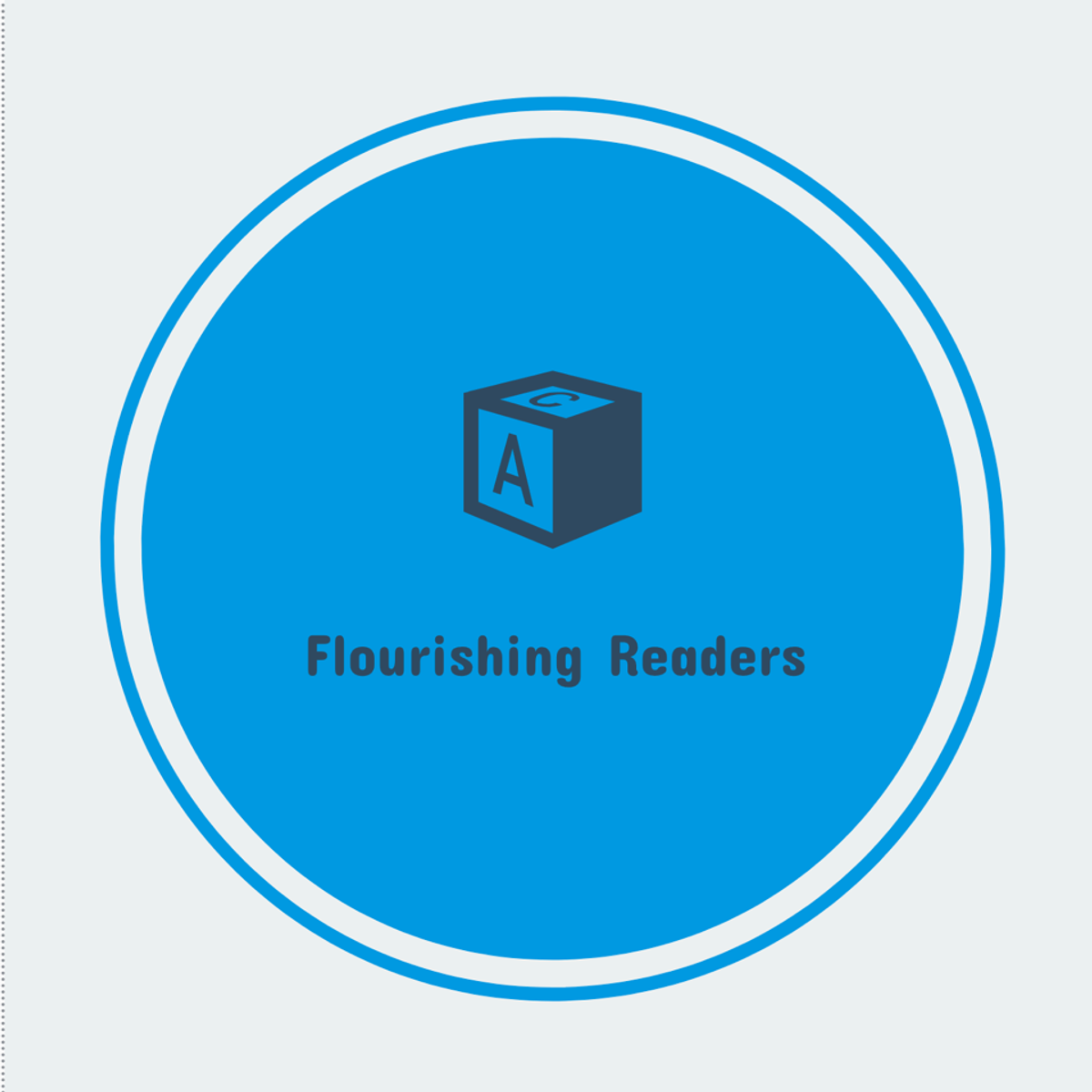Back to Courses









Education Courses - Page 18
Showing results 171-180 of 264

Compassionate Leadership Through Service Learning with Jane Goodall and Roots & Shoots
Join us for an action-oriented online teacher professional development course! This course will teach participants how to identify and implement a local service-learning campaign using the Roots & Shoots program model. The service learning curriculum equips participants with teacher resources to discover the differences between service-learning and community service, and apply the Roots & Shoots model to help youth have a voice in identifying and addressing needs in their community.
At Roots & Shoots, our goal is to develop compassionate leaders to make the world a better place for people, other animals and the environment. Help us achieve that goal! Complete the course and mentor young people to lead change in their communities using community mapping, collaborating with stakeholders, and designing practical solutions in the form of campaigns.
Connect young people to Dr. Jane Goodall’s message of hope while facilitating a sense of empowerment that comes from helping others!

Value-Based Care: Reimbursement Models
COURSE 4 of 7. This course is designed to help you build high-level knowledge of the current medical coding and payment mechanisms of most U.S. healthcare services, referred to as fee-for-service. You will explore why the fee-for-service model has contributed to higher costs in the U.S. healthcare system without clearly improving health outcomes. You will examine the importance of coding to reflect chronic conditions and other diagnoses accurately and how value-based care and payments utilize these measures and data. As you learn about a model to replace fee-for-service, you’ll encounter a range of payment options considered to be value-based that utilize a framework from the Health Care Payment Learning and Action Network (HCP-LAN). To build on those options, you will learn how risk-adjustment, quality scores, and patient satisfaction measures are critical parts of value-based care and payment contracts. In the summative assignment, you will demonstrate your knowledge by comparing fee-for-service and value-based contracts, using specific examples to explain and justify the importance of documentation and coding, and identifying ways that risk-adjustment and patient satisfaction are incorporated into value-based care contracts.
CME Accreditation
The American Academy of Family Physicians (AAFP) has approved this course for Continuing Medical Education Prescribed Credits. Visit the FAQs for important information regarding 1) Term of approval and 2) Accreditation and Credit Designation statements.

How To Teach Us
Join High Tech High in this groundbreaking new course that follows the educational experiences of various students in our schools. We will will listen to them as they tell us How To Teach Us.

Information & Digital Literacy for University Success
This Specialization is aimed at preparing students for undergraduate study in an English-speaking university. The course equips you for full participation and engagement with your studies by building awareness and understanding of the core values and expectations of academic culture, and providing you with practical strategies to apply to your studies. In this course, you will learn how to develop your Information & Digital Literacy Skills to help you achieve success in your university studies. After completing this course, you will be able to:
1. Access and search for information efficiently and effectively using a variety of digital tools.
2. Critically evaluate the reliability of sources for an academic context.
3. Filter, manage and organize information from a wide variety of sources for use in academic study.
4. Demonstrate awareness of ethical issues related to academic integrity surrounding the access and use of information.
5. Understand how to use digital tools for referencing and attribution in order to avoid plagiarism.
6. Understand how to disseminate and communicate information in a professional way, including managing digital identity and building networks for learning and research.

Shaping Urban Futures
If we are to make sense of the future of humanity, we must understand the future of the city. For some scholars the 21st century globe will see the most significant change of human history - the move of most of the world to live in cities - a planetary urbanism that has changed the way we live globally, the way we organise ourselves economically and the impact humanity has on our environment in an age that we consequently now describe as the Anthropocene.
Most of the urban growth on the planet will be in the global South and this is where we concentrate the attention of this course, drawing on the work of a five-year programme known as PEAK Urban, involving a collaboration of researchers from China, Colombia, India, South Africa and the United Kingdom.
The PEAK Urban programme aims to aid decision-making on urban futures by:
• Generating new research grounded in the logic of urban complexity;
• Fostering the next generation of leaders that draw on different perspectives and backgrounds to address the greatest urban challenges of the 21st century;
• Growing the capacity of cities to understand and plan their own future.
Shaping Urban Futures aims to demonstrate how complementary research projects have applied the PEAK Urban framework – Prediction, Emergence, Adoption and Knowledge – to uncover interrelated issues of health, climate change, migration and informality in places that will face the biggest challenges from rapid unplanned urbanisation.
This course consists of 6 modules, with an Introduction and a Closing module sandwiching 4 core modules. Each module involves around 5-6 hours of learning. To get the best out of the course, learners are encouraged to view all the video lectures and conversations, go through other learning material, work on all the assignments and assessments, and participate in discussions in a constructive and respectful manner.
By the end of this course, you will be able to:
• Recognise the new urban sciences that are driving our understanding of urbanisation across the world
• Examine carefully how we should understand how to trace, examine and explore the ways new social, economic and environmental changes emerge and reshape the working of the city
• Visualise how technological change is adopted, adapted and deployed differently in variable city contexts
• Understand how best to intervene in urban futures through sharing urban experiences and contributing to the coproduction of knowledge to enrich and strengthen knowledge exchange in cities
This course is designed principally for people working in cities who want to make a difference and for all urban scholars, from early career researchers to veteran urbanists and everyone in between. This course will also hopefully inspire workers in local government, community organisations and the private sector as well as urban scholars to build upon the experiences of a global network to develop their own methods and frames to view, interpret and define urban changes in their local geographies and contexts.

Faster Together, Enhancing the Recruitment of Minorities in Clinical Trials
This course aims to teach people how to enhance the recruitment of racial and ethnic minorities in clinical trials. Key topics include the importance of diversity in clinical trials, barriers and facilitators to participation in clinical research, community engagement, effective communication, educating about clinical trials, provider outreach, effective prescreening and enrollment, person-centered consent, and retention. Anyone with the potential to recruit can benefit from this course, whether working in a clinical setting or in the community.
The course is split into 8 weeks. You may work at your own pace and finish the course faster, if you would like. We encourage you to take the quizzes to help you learn the material. The course is free to enroll and take. You will be offered the option of purchasing a certificate of completion, which you will receive if you successfully complete the course requirements. This can be an excellent way of staying motivated! Financial aid is also available.
Acknowledgments:
We would like to acknowledge the following members from the Center for Knowledge Management at Vanderbilt University Medical Center for their expertise and ongoing insightful contribution in the development and implementation of the course: Sheila Kusnoor, PhD, Elizabeth Frakes, MSIS, Helen Naylor, MS, Mallory Blasingame, MA, Taneya Koonce, MSLS, MPH, and Nunzia Bettinsoli Giuse, MD, MLS.
We would also like to acknowledge ArtMagic Labs, particularly Casey Culver, John Martinez, and Robert Eva, for their outstanding work in filming and editing the videos for the course.
The Recruitment Innovation Center and members of the Meharry-Vanderbilt Alliance lead the efforts behind the Faster Together project. Together they have led the development of this training.
This work is supported by the National Center for Advancing Translational Sciences, National Institutes of Health, under the award number U24TR001579.

Uncommon Sense Teaching: Part 2, Building Community and Habits of Learning
In Part 2 of Uncommon Sense Teaching: Building Community and Habits of Learning, you will explore the following areas more deeply—helping you to connect with the latest insights into research and have fun while you are doing it!
• The hidden strengths of neurodiversity: Dyslexia, attention deficit hyperactivity disorder, autism, and
other syndromes that relate to learning
• The value of forgetting
• How to use habits formed by the procedural system to help you with classroom management
• Judicious use of rewards to motivate students (too many rewards can de-motivate)
• How to avoid educational fads
• The power of lesson plans
This is like no other course on teaching—it weaves late-breaking insights from neuroscience with personal insights from the classroom to provide unexpected, yet practical, new approaches. You’ll discover how to bring out the best from all your students in today’s diverse teaching environment, where students often have a wide range of abilities.
Uncommon Sense Teaching will take your teaching to a higher level for whatever subjects you teach, whether math, physics, literature, dance, art, or anything else; and whether you are teaching K-12, university, business, vocational, or at home.
Join us today to move into the new era of education!

Emerging Trends & Technologies in the Virtual K-12 Classroom
Welcome to Emerging Trends and Technologies in K-12! This course will help you evaluate and implement technology in the most useful way within your virtual classroom setting. We will discuss the possibilities and challenges of using technology in fully online environments, although many of the ideas can be applied to blended and traditional environments as well.
This course is focused on emerging trends and technologies, specifically for K-12 instructors. Most of the content will be aimed at high school-aged students in the U.S., or ages 13-18 in other countries. Due to the nature of some of the internet-based technologies, young students are required to be 13 or older to participate. That said, many of the examples we discuss can apply to younger ages.
This course is focused on virtual education. In other words, blended or fully online teaching and learning experiences. Nevertheless, you can apply the concepts to a traditional class, adult education, and higher education. Lastly, please note that many of the examples will be U.S. based.
Upon completing this course, you will be able to:
• Define educational technology's role in supporting the virtual environment.
• Identify and evaluate existing and emerging technologies for virtual course instruction or curriculum development.
• Use collaborative learning tools to design and assess learning activities.
• Use game-based strategies to deepen student engagement in virtual courses.
• Research, evaluate, and employ open content in virtual education.
• Debate the role of MOOCs in virtual K-12 education.

Increase Reading Comprehension with Actively Learn
By the end of this project, you will be ready to use Actively Learn to bring meaningful nonfiction texts to your class. Whether you teach elementary or secondary students, Actively Learn has Science, Social Studies, and more texts that align with what your students are learning. With Actively Learn, students build stamina and comprehension as they interact with each text. Teachers benefit from the evidence they gather as their students skills grow. Throughout each task, we will work together to learn how to use Actively Learn to help your students thrive.
*You will need a Google or Microsoft account in order to access Flipgrid. Sign up for free before starting our project and you’ll be good to go!

Capstone Project: Teaching Impacts of Technology
In this project-based course you’ll review the Advanced Placement Computer Science Principles course and exam description guide to prepare for the “Explore Task”, where students must research a recent computing innovation and and analyze its impacts on the world. You’ll also review the description of this task from the student perspective and complete the task yourself. Then you’ll assess sample secondary student work by following the APCSP scoring guidelines as well as provide feedback to a fellow learner on their submitted task and receive the same from fellow learners.
This course is part of a larger Specialization, in which the first five courses focus on teaching impacts of computing concepts and the technology and computing concepts that make them possible, preparing you to teach pre-college learners to be both savvy and effective participants in their digital worlds. While this course and project can be completed without taking the other courses, the bulk of new knowledge is taught there. Additionally, throughout the courses you’ll reflect on your learning experience from both the perspective of the student and the educator, helping you become a more reflective teacher and develop an understanding of how instruction and activities can be designed to support learning.
Note, if your goal is to receive graduate credit from the University of California, San Diego, you need to to make that decision before you complete this course. Please see the FAQ “Will I earn university credit for completing this course?” for details on how to receive that credit.
In terms of CSTA K-12 computer science standards, throughout the Specialization we primarily cover learning objectives within the “impacts of computing” concept, while also including some within the “networks and the Internet” concepts and the “data and analysis” concept. Practices we cover include “fostering and inclusive computing culture”, “recognizing and defining computational problems”, and “communicating about computing”.
Popular Internships and Jobs by Categories
Find Jobs & Internships
Browse
© 2024 BoostGrad | All rights reserved